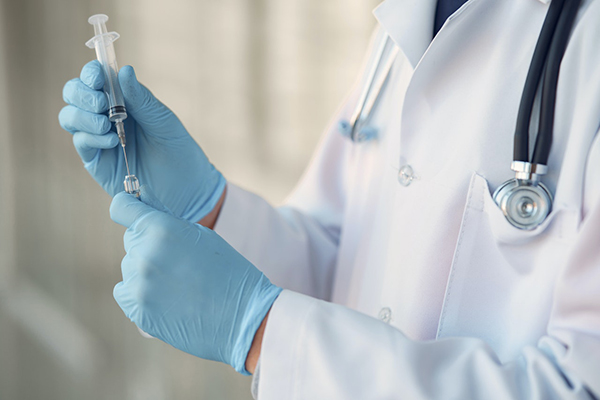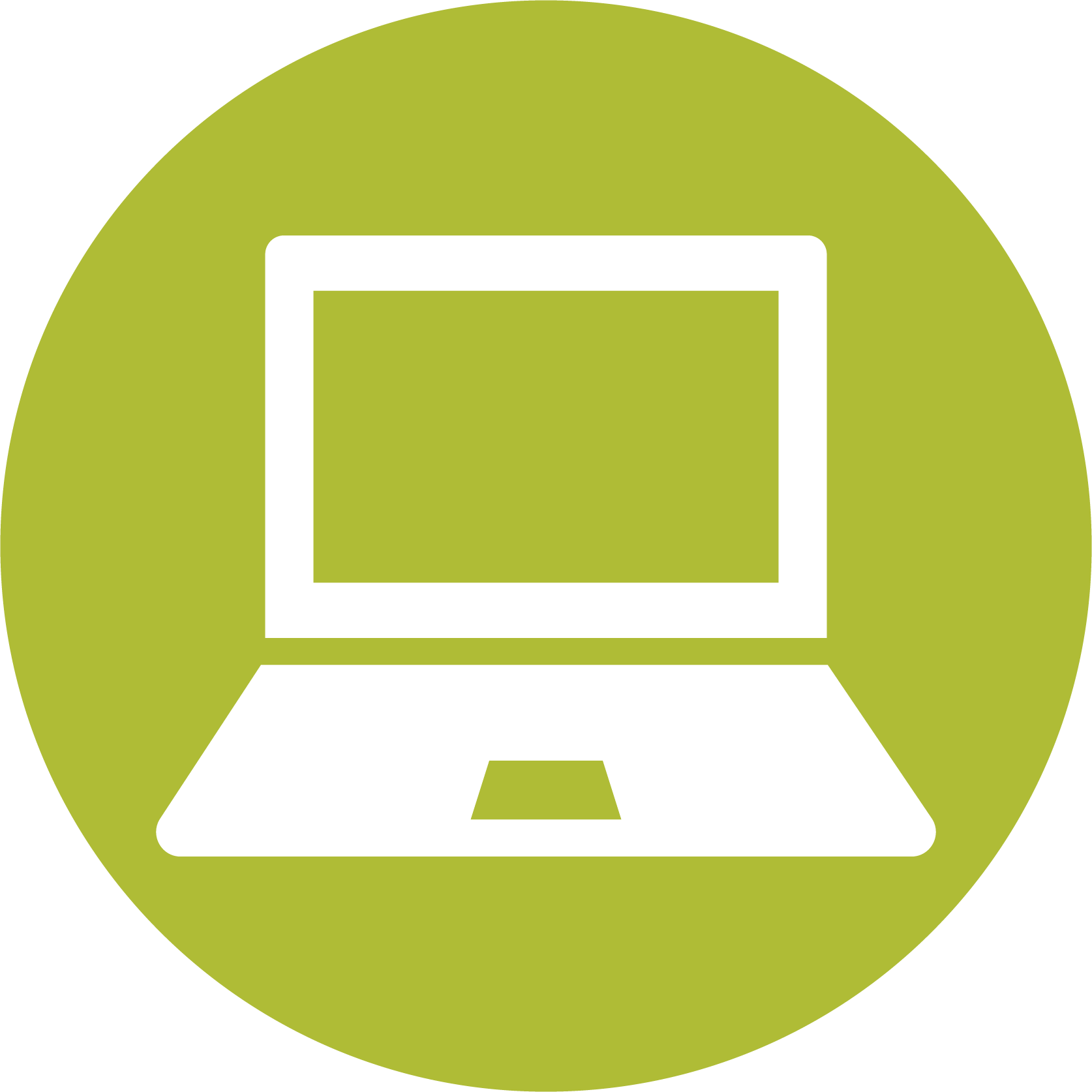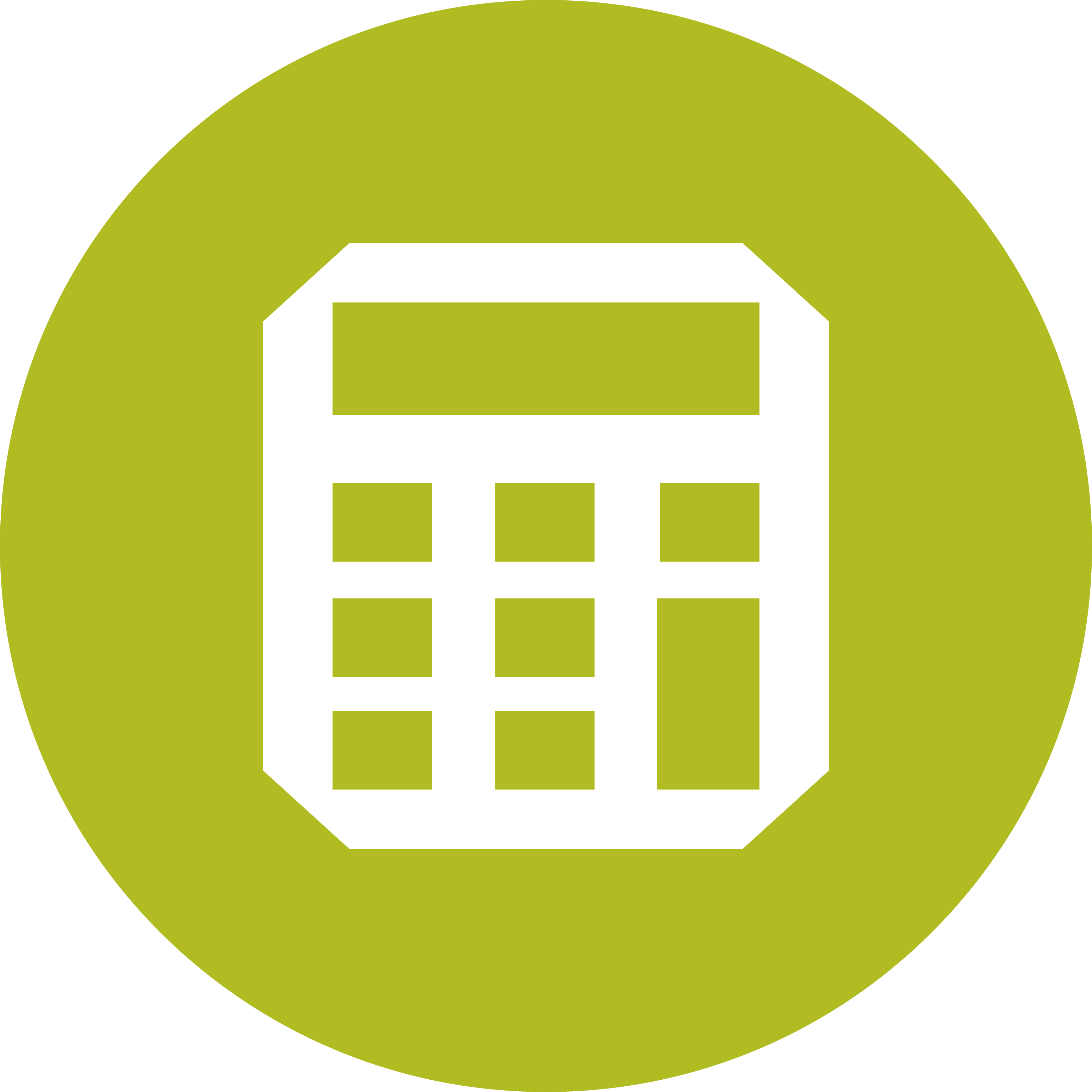Watch Out for COVID-19 Scams

The new COVID-19 vaccine is bringing hope for the end of the pandemic and normalcy for our everyday lives in 2021. Unfortunately, it also brings new coronavirus related schemes for fraudsters to try to steal your personal, medical, or financial information.
Scammers are using telemarketing calls, text messages, social media platforms, and door-to-door visits to perpetrate COVID-19-related scams.
During the pandemic we’ve seen scams offering COVID-19 tests, Health & Human Services (HHS) grants, and Medicare prescription cards in exchange for personal details, including Medicare information. We are now seeing ploys promising enhanced ranking to receive the vaccine. All of these services are unapproved and illegitimate.
These scammers use the coronavirus pandemic to benefit themselves, and beneficiaries face potential harm. The personal information collected can be used to fraudulently bill federal health care programs and commit medical identity theft.
Protect Yourself From COVID Scams
Protect your personal information by being aware of the scams and how to avoid falling for them.
Vaccine Scams
Be vigilant and protect yourself from potential fraud concerning COVID-19 vaccines. You will not be asked for money to enhance your ranking for vaccine eligibility. Government and State officials will not call you to obtain personal information in order to receive the vaccine, and you will not be solicited door to door to receive the vaccine.
Medicare Beneficiary Scams
Beneficiaries should be cautious of unsolicited requests for their personal, medical, and financial information. Medicare will not call beneficiaries to offer COVID-19 related products, services, or benefit review.
COVID Test & Supply Scams
Be suspicious of any unexpected calls or visitors offering COVID-19 tests or supplies. If you receive a suspicious call, hang up immediately.
Do not respond to, or open hyperlinks in, text messages about COVID-19 from unknown individuals.
Ignore offers or advertisements for COVID-19 testing or treatments on social media sites. If you make an appointment for a COVID-19 test online, make sure the location is an official testing site.
HHS Grant Scams
Do not give your personal or financial information to anyone claiming to offer HHS Health & Human Services grants related to COVID-19.
Contact Tracing Scams
Be aware of scammers pretending to be COVID-19 contact tracers. Legitimate contact tracers will never ask for your Medicare number, financial information, or attempt to set up a COVID-19 test for you and collect payment information for the test.
What to do if You suspect Fraud
If you suspect COVID-19 health care fraud, report it immediately online or call 800-HHS-TIPS (800-447-8477).
« Return to "Blog"

 open
open apply
apply submit
submit calculate
calculate